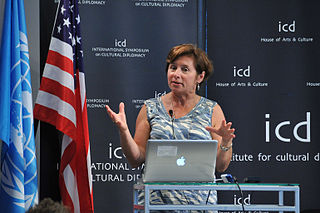A Quote by John P. Kotter
The central issue is never strategy, structure, culture, or systems. The core of the matter is always about changing the behavior of people.
Related Quotes
The issue Fodor writes about is central to the psychology of perception, cognition, and action. It is the central issue for anyone who would seriously study the neurobiology of behavior: Is the mind organized horizontally or vertically or both, and what are the consequences to psychology of proceeding on one assumption or the other? This has been little analyzed and written about. Jerry Fodor has repaired that omission and had done it brilliantly.
My rational emotive behavior therapy (REBT) was one of the very few therapies that was originated partly or largely because I wanted to be brief and efficient. And therefore right from the start I was active and directive. I tried to show people some central masturbatory core to their philosophy and to get them to work at changing it cognitively, emotionally and behaviorally.
What I find in a creative company is while there is a desire to build a management foundation that can feel clear and consistent, the unique product we're in Illumination Entertainment making doesn't always allow for that. So rather than following management strategy that talks about building your structure and then staffing that structure, I tend to build the structure around the strengths of the individual people we have.
I think we really need a movement to drive how popular culture understands the issues that feminists care about. When I think about the LGBT movement for example, they have had a really intentional strategy to try to change images and representation of LGBT people in the media and the culture. It really moved the dial politically. That's what is needed in the women's movement - a strategy that can drive awareness and culture change.
Strategy is a system of makeshifts. Is is more than a science. It is bringing knowledge to bear on practical life, the further elaboration of an original guiding idea under constantly changing circumstances. It is the art of acting under the pressure of the most demanding conditions...That is why general principles, rules derived from them, and systems based on these rules cannot possibly have any value for strategy.




































